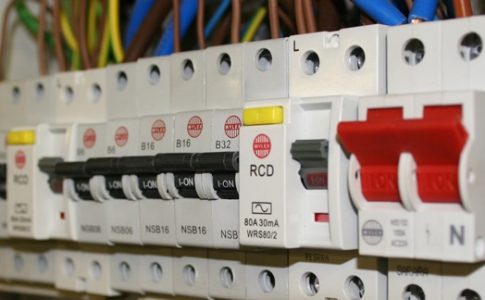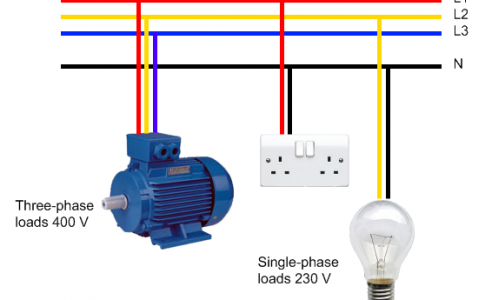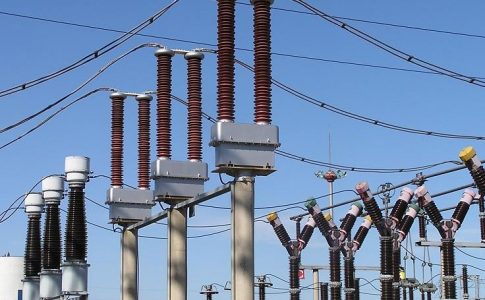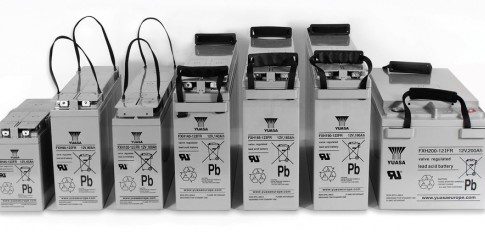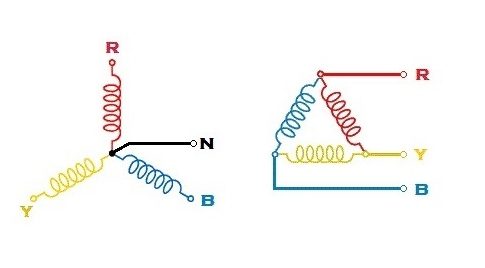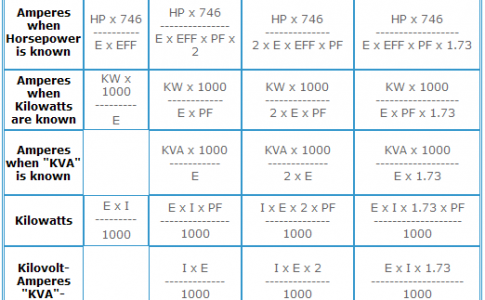-
Circuit Breaker Making Capacity
During short circuit, circuit breaker contacts opens and automatically closes after few cycles to determine whether the fault is cleared. ... -
Advantages of Three Phase System Compared to Single Phase System
Three phase system is widely used in generation, transmission and distribution. Single phase system is only used to operate small ... -
Difference between Current Transformer and Potential Transformer
Current Transformers (CT) and Potential Transformers (PT) are used to measure the current and voltage in a circuit of the ... -
Electrical Contactor, Switch, Circuit Breaker
An Electrical Contactor is a switch. In simple words contactor is a switch which closes its contacts with the help ... -
Advantages & Disadvantages of Fuse in a Electrical Circuit
Fuse is the cheapest protection device in electrical circuit against short circuits and overloading of circuits. Fuse is a metal ... -
Advantages of Valve Regulated Lead Acid (VRLA) Batteries
Valve Regulated Lead Acid (VRLA) Batteries are popularly termed as maintenance free lead acid batteries. Each cell in VRLA battery ... -
Advantages of Star and Delta Systems
In a 3-phase system the alternators or generators may be star connected or delta connected. Likewise 3-phase loads may be star connected ... -
Worldwide Voltage & Frequency Values
The voltage and frequency of alternating current (AC) electricity used in homes varies from country to country throughout the world. ... -
Formula of AMP, KW, KVA, HP for AC and DC Voltages
Formula of AMP, KW, KVA, HP for AC and DC Voltages -
Top 10 Common Mistakes on Electrical Systems
1. Thinking that it’s “only 120 volts” or 208 volts or 480 volts or… Dr. A.G. Soto, consulting physician to ...
